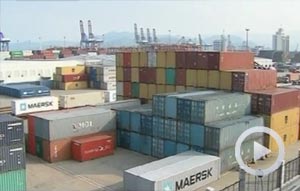Egypt coup a lesson for Hong Kong
Updated: 2013-07-09 07:02
By Lau Nai-keung (HK Edition)
|
||||||||
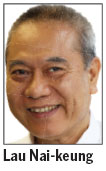
After Egypt's military removed Mohammed Morsi from the popularly elected presidency, commentator and radio host Poon Siu-to post a status update on Facebook:
"The Egyptians threw a tantrum and Morsi stepped down; Hongkongers threw a tantrum but nothing happened. So sad." The post earned him more than a thousand likes and numerous shares. The majority of the comments echoed Poon's sentiments, and quite a lot said something to the effect that "the Egyptians got an army that has a conscience, but we don't."
The "tantrum" refers, obviously, to a recent editorial published by the Global Times. If Poon had an issue with the editorial's analysis, he could write against it. But he chose a pathetic way of responding, by cashing in on the crisis in Egypt and drawing inappropriate conclusions merely for the sake of propaganda. This is why the so-called "public intellectuals" get cheaper by the day: it goes to show how much this Facebook likes, and applauses in general mean to their feeble soul.
Any sensible person would know that there is nothing to be cheered for in Egypt's recent developments. It's a tragedy. People died and a democratically elected civilian president was overthrown by vested interests, but for what? No solutions regarding the longstanding problems are in the horizon. All in all, things are moving backward. If anything, it is a lesson that we should learn from.
I am not alone in this assessment. "While justifying its intervention in politics as serving the will of the people, the military has never been a force for democracy," The New York Times wrote. "It has one primary objective, analysts said: preserving national stability and its untouchable realm of privilege within the Egyptian state."
The Guardian's conclusion is even more chilling: "To remove an elected president, to arrest a movement's leaders and silence its radio and TV stations, is to send a loud message to them and to Islamists everywhere. You have no place in the political system. There is no point trying to forge a version of political Islam compatible with democracy, because democracy will not be available to you."
Dissidents, such as Poon, like to talk about "international standards", but they pick for local consumption only selectively. What they propagate are "double international standards" totally aligned with Western hegemony.
Here are some noteworthy aspects of Morsi's ouster.
The revolutions of 1989 where communist regimes collapsed in Central and Eastern Europe shaped a generation's thinking. When people saw the crowds in the Arab streets in 2011, they assumed they were seeing Eastern Europe once again. Looking back on the "Arab Spring", it is striking how few personalities were replaced, how few regimes fell, and how much chaos was left in its wake. As the global intelligence company Stratfor puts it: "The irony of the 'Arab Spring' was that in opening the door for popular discontent, it demonstrated that while the discontent was real, it was neither decisive nor clearly inclined toward constitutional democracy."
Some attribute crowds in Tahrir Square to Morsi's "winner-takes-all approach to power" and poor economic performance under his term. While Morsi might have erred in tactics, there is nothing wrong with his overall direction. Being democratically elected, it was his duty to consolidate the fragmented powers in Egypt, including those from no less than the military that control 15 to 40 percent of the country's economy.
Politics in Egypt is not so much about liberalism verse authoritarianism, as it is about Islamism against military-led secularism (not to be confused with liberalism). Democracy is no guarantee of a liberal government, especially in countries where liberal ideas have no roots. That's why although Morsi won the 2012 election, he never really took control of the machinery of government. He was politically weak, and the military never quite let go.
As Hong Kong gets politically and socially polarized, it may well be the next Egypt. On the one hand, we have a Chief Executive who never really takes control of the machinery of government partly because the colonial legacy never quite let go. On the other hand, we have "public intellectuals" who can spin reactionary events and dress them up as something progressive.
With or without "true democracy", there will always be protests in Hong Kong. Encouraged by "people power" in Egypt, dissidents and vested business interests, when see fit, will put discontent to use in their attempt to overthrow our elected Chief Executive.
The author is a member of the Commission on Strategic Development.
(HK Edition 07/09/2013 page1)

 Mourn for students in San Francisco air crash
Mourn for students in San Francisco air crash
 Rolling stone finally settles
Rolling stone finally settles
 Quebec disaster death toll jumps to 13
Quebec disaster death toll jumps to 13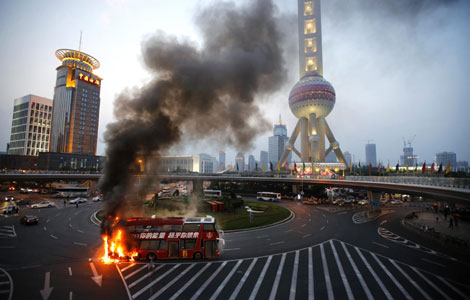
 Double-decker bus caught fire in Shanghai
Double-decker bus caught fire in Shanghai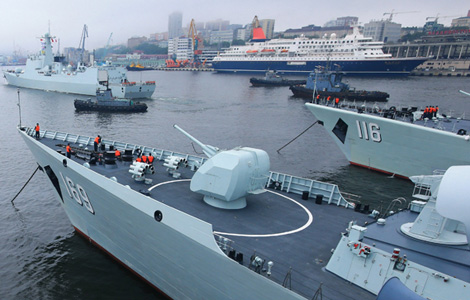
 China, Russia begin live-fire navy drill
China, Russia begin live-fire navy drill
 Grape expectations for Xinjiang county
Grape expectations for Xinjiang county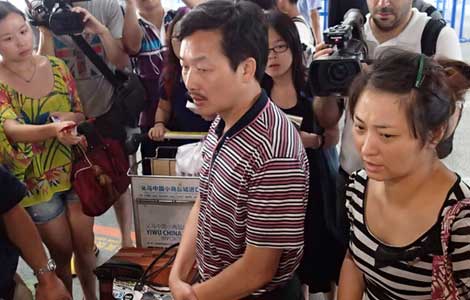
 Air crash victims' parents leave for US
Air crash victims' parents leave for US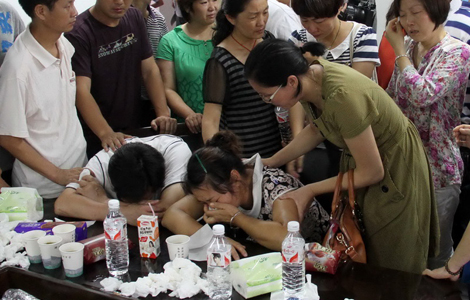
 Victim's family mourn loss
Victim's family mourn loss
Most Viewed
Editor's Picks

|

|

|

|

|

|
Today's Top News
Air crash victims' parents leave for US
Terror law called for after attack
More Chinese firms investing in US
Subsidies aid poor families
Ex-rail chief sentenced
13 dead in Quebec train disaster
Premier Li lauds Guangxi's potential
Zhuhai's draft to establish new models
US Weekly

|

|

